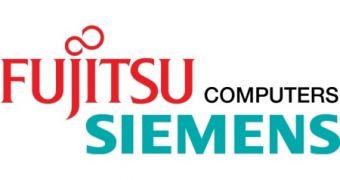As it was expected for quite some time now, Fujitsu will buy Siemens' 50 percent stake in the two companies’ computer joint venture. The transaction is said to cost Fujitsu around 450 million Euros, or roughly US$567 million, but it will also help the Japanese electronics conglomerate boost its presence on the market overseas.
According to Fujitsu, the company hopes that the transaction will allow it to compete with major market players such as IBM or HP, which are currently ahead of it in the computer server markets from Europe, the Middle East and Africa.
On the other hand, Siemens, which has been known for looking to invest more of its resources in the company's power, energy and health services, is said to gain a profit of about 310 million Euros, once the deal is closed in April next year. Fortunately, Fujitsu has said that it has no plans whatsoever of laying off any of the employees currently working at FSC, despite the worldwide industry trend which sees major companies considering, or already announcing, significant job cuts.
"We would like to compete with IBM and HP but even after this acquisition we are not at a level where we can put up a fight," Tatsuo Tomita, a corporate senior executive vice president at Fujitsu, told a news conference in reference to servers. "We currently have a single-digit share of the market, and want to take that to double digits."
In regard to several media headlines stating that Fujitsu plans on selling FSC's consumer PC business, the official line is that, for the time being, the company has not yet reached any decision in that direction. As a side note, the FSC consumer PC business is said to account for 20 percent of the overall sales. However, this segment hasn't been performing all that well and, what with the current worldwide slow market demand, things aren't expected to change anytime soon. Still, Fujitsu's President Kuniaki Nozoe plans to bring FSC back to being a profitable company in the next business year, starting April 2009.

 14 DAY TRIAL //
14 DAY TRIAL //